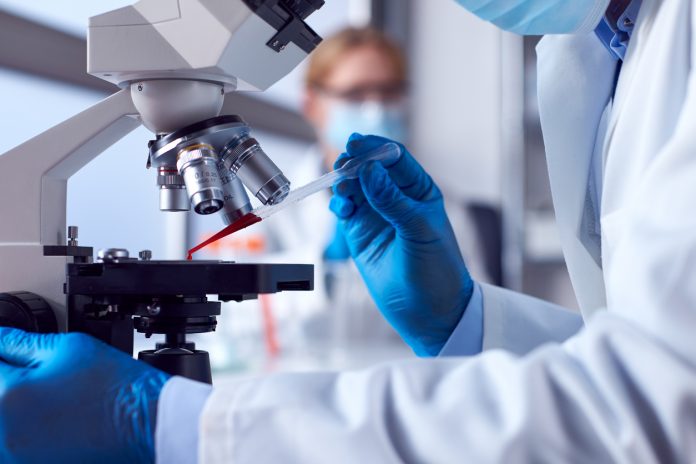BioNTech, the German biopharmaceutical company behind one of the world’s first COVID-19 vaccines, has announced a landmark investment of up to £1 billion in the UK over the next decade
The move, supported by up to £129 million in government funding, represents one of the most significant investments in the history of the UK life sciences sector.
This ambitious plan aims to expand BioNTech’s footprint in the country by establishing cutting-edge research and development hubs in both Cambridge and London. The investment is expected to create over 400 highly skilled jobs while generating further opportunities across the broader supply chain.
Strategic research hubs in Cambridge and London
As part of its long-term commitment, BioNTech will establish two key centres in the UK. Cambridge will host a new research facility focused on genomics, oncology, structural biology, and regenerative medicine. Meanwhile, London will become home to BioNTech’s UK headquarters and a dedicated artificial intelligence (AI) hub.
The AI centre, led by BioNTech’s subsidiary InstaDeep Ltd, will use machine learning technologies to accelerate medical research. This includes investigating disease mechanisms, improving drug target selection, and advancing predictive analytics, all to develop next-generation therapies and diagnostics.
Government-backed growth and innovation
The UK government’s contribution of up to £129 million over 10 years underpins this strategic partnership, reinforcing its broader Plan for Change. This initiative hopes to use the potential of priority sectors like life sciences to drive economic growth, create jobs, and improve healthcare outcomes nationwide.
This investment also aligns with the government’s ambition to strengthen the Oxford-Cambridge Growth Corridor, a region already recognised as a hub of scientific excellence.
Supporting a successful sector
The UK life sciences sector already plays a vital role in the economy, valued at £108 billion and supporting over 300,000 highly skilled jobs. The government hopes to unlock even greater potential through continued investment and strategic partnerships like this.
The BioNTech deal complements other recent initiatives, including the Life Sciences Innovative Manufacturing Fund, which will provide up to £520 million in funding to support innovation and boost the UK’s competitiveness in the global life sciences arena.
Long-term benefits for patients and the NHS
As well as the economic and employment benefits, BioNTech’s UK investment is expected to deliver tangible improvements in healthcare. The company’s work in personalised cancer immunotherapies, already underway through an existing partnership with the UK government, will be expanded.
The aim is to provide up to 10,000 patients access to investigational therapies by 2030.
This next investment phase could help revolutionise how diseases such as cancer are diagnosed and treated, ultimately reducing strain on the NHS and improving patient outcomes.
A model for future public-private collaboration
The agreement with BioNTech serves as a model for how public-private collaboration can drive innovation and growth. By attracting global medical science and technology leaders, the UK is positioning itself as a world-leading destination for life sciences research and development.











